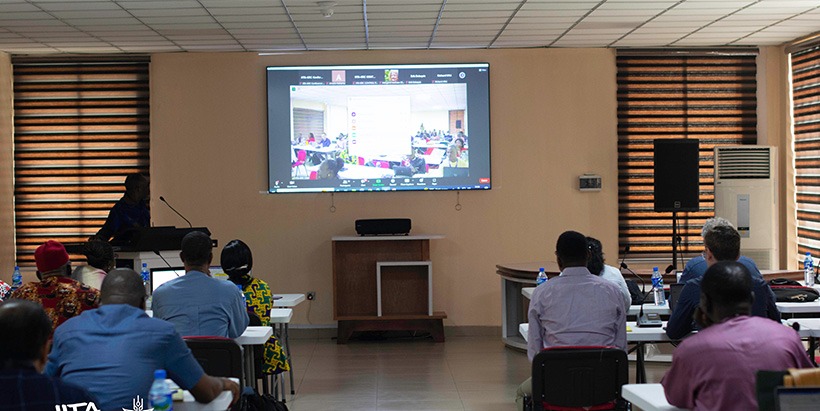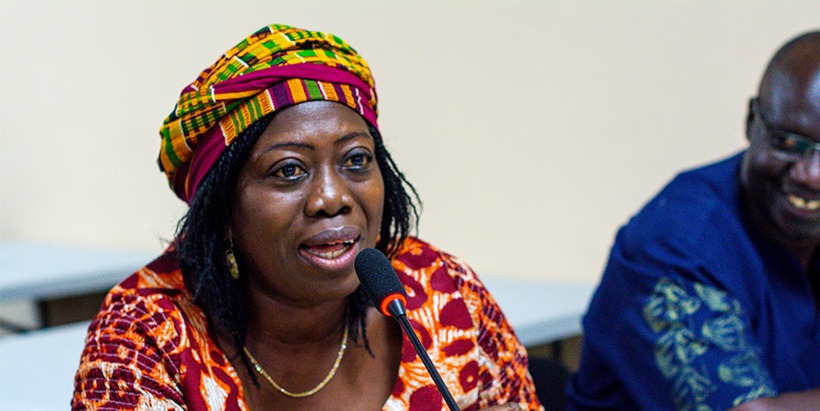IITA–CGIAR is set to commence a five-year project—Program for Seed System Innovation for Vegetatively-propagated crops in Africa (PROSSIVA alongside other implementing partners. The PROSSIVA project aims to enhance the efficiency, productivity, and profitability of vegetatively propagated crop (VPC) seed systems in Africa through research and delivery of innovations that will overcome seed system bottlenecks.
The project has five major components: banana, cassava, sweet potato, yam, and a cross-cutting component that addresses issues common to several VPC crops. The project, funded by the Bill & Melinda Gates Foundation (BMGF), will be implemented by 25 partner institutions comprising CGIAR centers, national research institutions, and private sector partners across five countries—Ghana, Nigeria, Rwanda, Tanzania, and Uganda. As a CGIAR project, PROSSIVA will work hand-in-hand with CGIAR Initiatives in the Genetic Innovations Action Area that seek to boost farmer access to an ever-growing pipeline of the best varieties.

Launched 2 to 5 December, the project will change the narrative of underinvestment in the VPC seed systems, address technical weaknesses and poor commercialization, and promote the legacy of recently concluded and currently running single-crop BMGF investments. These include YIFSWA-II (yam), BASICS-II (cassava), Sweet Gains (sweet potato), and RAPID Banana. A key feature of the new project, however, is that it will seek to capitalize on the diverse set of cross-cutting opportunities that exist for common research and knowledge sharing across crops, resulting in benefits both for single crop systems as well as overall VPC seed system development.

Banana researcher and project co-lead, Delphine Amah, explains how the project emerged: “PROSSIVA was conceived through an inclusive process involving VPC seed systems experts who identified seed system bottlenecks through crop brainstorming meetings. Research questions were then prioritized, and partners identified target areas where they could conduct research to deliver outputs/innovations that will address bottlenecks and build functional VPC seed systems.”
Although the project team will not focus specifically on efforts to scale VPC seed system innovations, there will be interactions throughout the project duration with a wide range of public and private sector scaling partners. This will ensure that the novel outputs generated through PROSSIVA will have impacts far beyond the geographies targeted by the project. Consequently, Amah and the PROSSIVA team believe that the new project will contribute significantly to transforming vegetatively propagated crop seed systems in Africa.
Contributed by Tolulope Akinola

